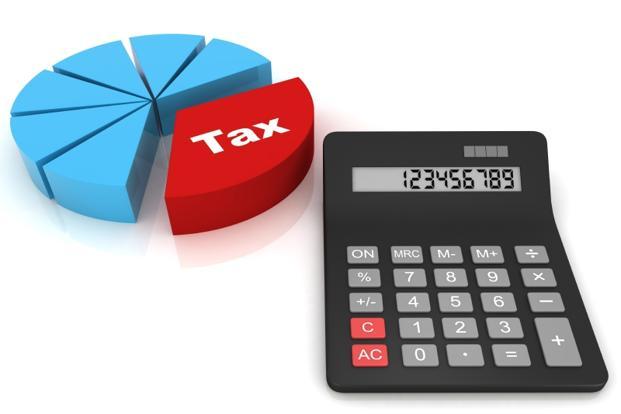

Over the years, a Fixed Deposit (FD) has become a major source of investment for the people. These fixed deposits generate interest over a period of time. You may ask what a fixed deposit is. Well, a fixed deposit is a financial instrument which gives its investors a higher rate of interest than a savings account. A fixed deposit is for a specific time period.
If you want to know more things related to fixed deposits like how the tax is calculated on fixed deposits, and what are the tax implications on fixed deposit, or how much income tax is levied on the interest from a fixed deposit, then you have come to the right place. This article talks about all these matters related to a fixed deposit.
The interest accrued on fixed deposit is tax deductible. The interest is treated as an income, and the tax is levied as per the income bracket. This means that higher the income bracket, higher will be the tax deductions. Because of this fixed deposit are not much attractive to those with high-income slabs. The tax implications on fixed deposits are easy to understand. Any tax has to be paid on or before the 31st March of every financial year.

(Image Courtesy: Elevate Your Life)
Banks will cut TDS (Tax Deducted at Source) when the interest amount exceeds 10,000. If the interest does not exceed 10,000, then no TDS is deducted. To calculate your tax liability, you have to add the interest from the fixed deposit to your total income for the year. Even if TDS is not deducted, you have to include the interest amount in your total income and pay tax on it.

(Image Courtesy: Traffic Challan)
There are ways through which you can have your tax exempted on fixed deposits. Here are some:
#1. Form 15G/15H : Form 15G is submitted by those whose total income is not taxable. They can submit this form to the bank asking them to not cut TDS from their income. Form 15H is for senior citizens who can do the same in case their income is not taxable.
#2. Distribute Fixed Deposit Investment : You can distribute the fixed deposit amount into various banks so that the amount does not exceed 10,000. This is the most common way to avoid TDS deduction.

(Image Courtesy: Charted Club)
#3. Keep A Check On The Maturity : Keep a check on the maturity date of your fixed deposit. Time the fixed deposit in such a way that the interest earned does not exceed 10,000.
#4. Split The Fixed Deposit : An individual can have two fixed deposits, one under their savings account and another one under a Hindu Undivided Family Account. These will be treated as separate accounts and will be exempted from TDS.
So, there you have it. Everything you want to know about Fixed Deposits and how the tax is calculated and ways to avoid tax deduction. If you found this article informative, let us know in the comments sections below.
(Featured Image Courtesy: Financial Experts)